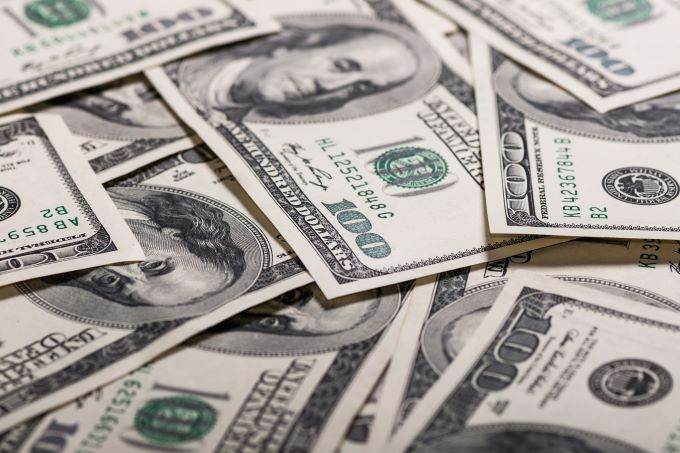 The US dollar index hit a seven-week low on Wednesday as US politicians expressed optimism that the country's second fiscal stimulus package would be coming soon, even if the final deal wasn't confirmed until after the upcoming November 3rd election. The dollar has fluctuated steeply in recent weeks as talks of a stimulus have impacted the markets. A US stimulus package is expected to bolster the economy which would drive the dollar down, while an inability to come to an agreement has shown to squelch risk appetite and send traders flocking back to the dollar.
The US dollar index hit a seven-week low on Wednesday as US politicians expressed optimism that the country's second fiscal stimulus package would be coming soon, even if the final deal wasn't confirmed until after the upcoming November 3rd election. The dollar has fluctuated steeply in recent weeks as talks of a stimulus have impacted the markets. A US stimulus package is expected to bolster the economy which would drive the dollar down, while an inability to come to an agreement has shown to squelch risk appetite and send traders flocking back to the dollar.
According to Federal Reserve Governor Lael Brainard, the government will need to provide continued economic support in order to sustain the country's economic recovery from the devastation of the COVID-19 virus that has caused many large and small businesses to pause or shutter completely.
The dollar index hit a low of 92.605, a level not seen since early September, during Wednesday's trading session before rebounding during Thursday's Asian session. It was sitting at 92.71 as of 2:13 p.m. HK/SIN. The greenback was unchanged against the British pound and was trading at $1.314, while the euro shed 0.084 percent to trade at $1.185. The dollar was up 0.07 percent against the yen to trade at 104.63.
The International Monetary Fund (IMF) said on Wednesday that the Asian economy is set to contract by 2.2 percent this year, significantly worse than the 1.6 percent economic contraction predicted in June. The downgraded forecast was caused largely by contractions in Malaysia, the Philippines, and India, all of which saw steep downturns in economic activity in Q2 2020 due to extended COVID-19 lockdowns.
Bucking the trend in Asia was China, which the IMF predicts will actually see economic expansion this year thanks to "a faster-than-expected" rebound in the second quarter. Overall, the IMGF expects Asia's economy to rebound by 6.9 percent in 2021, more than the 6.6 percent growth that the organization had forecast in June. Despite this growth, economic output in Asia will likely remain below pre-COVID-19 levels for quite some time.
Asian markets were broadly lower on Thursday, following the decline of all three major Wall Street benchmarks on Wednesday. The Shanghai Composite eased 0.49 percent in the mid-afternoon, and the Shenzhen Composite was down 0.45 percent. South Korea's Kospi slumped 0.78 percent while Australia's ASX 200 was 0.29 percent lower. Japan's Nikkei 225 was down 0.70 percent. Only Hong Kong's Hang Seng Index managed to squeeze out some gains, heading up 0.03 percent.
